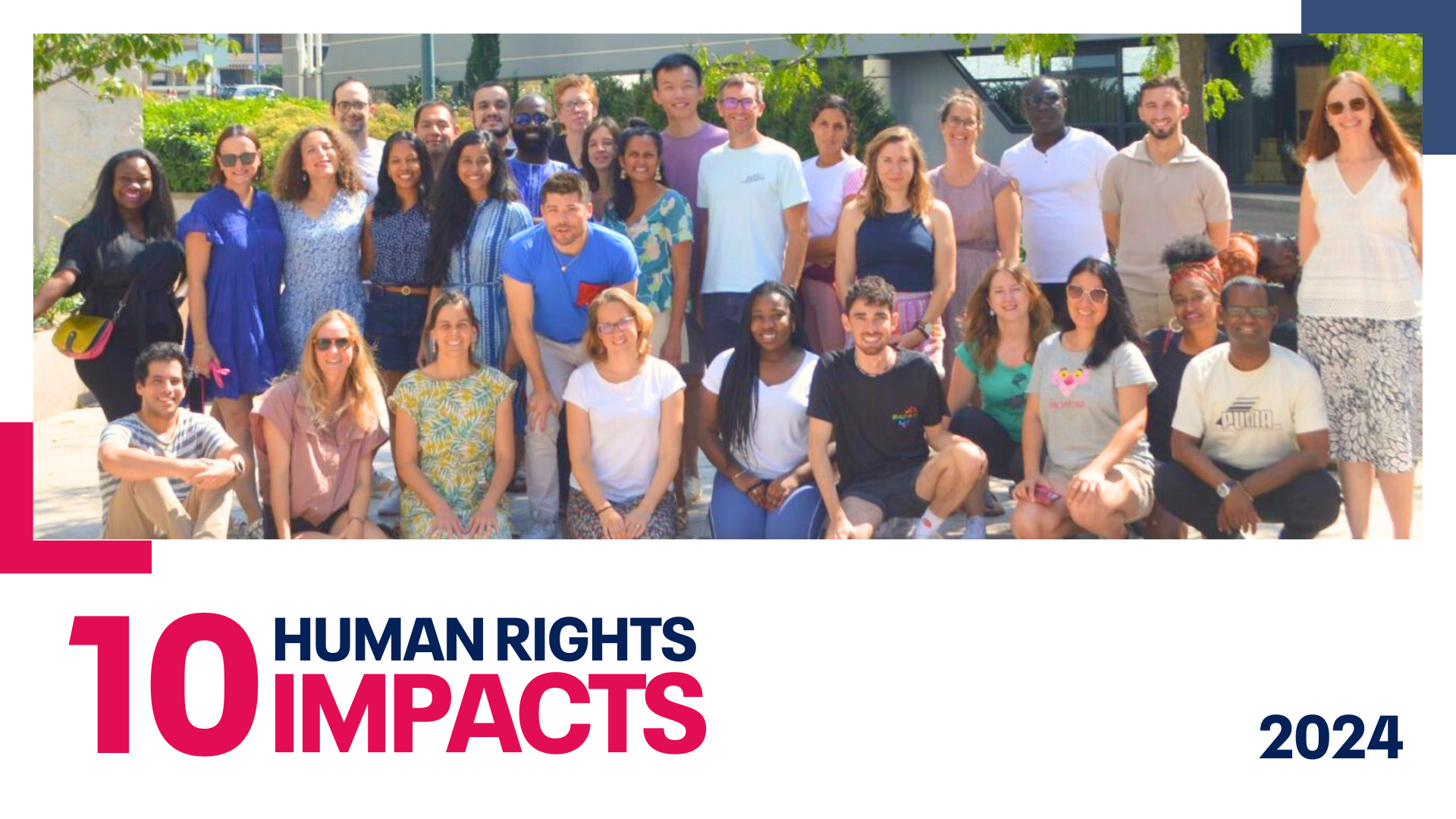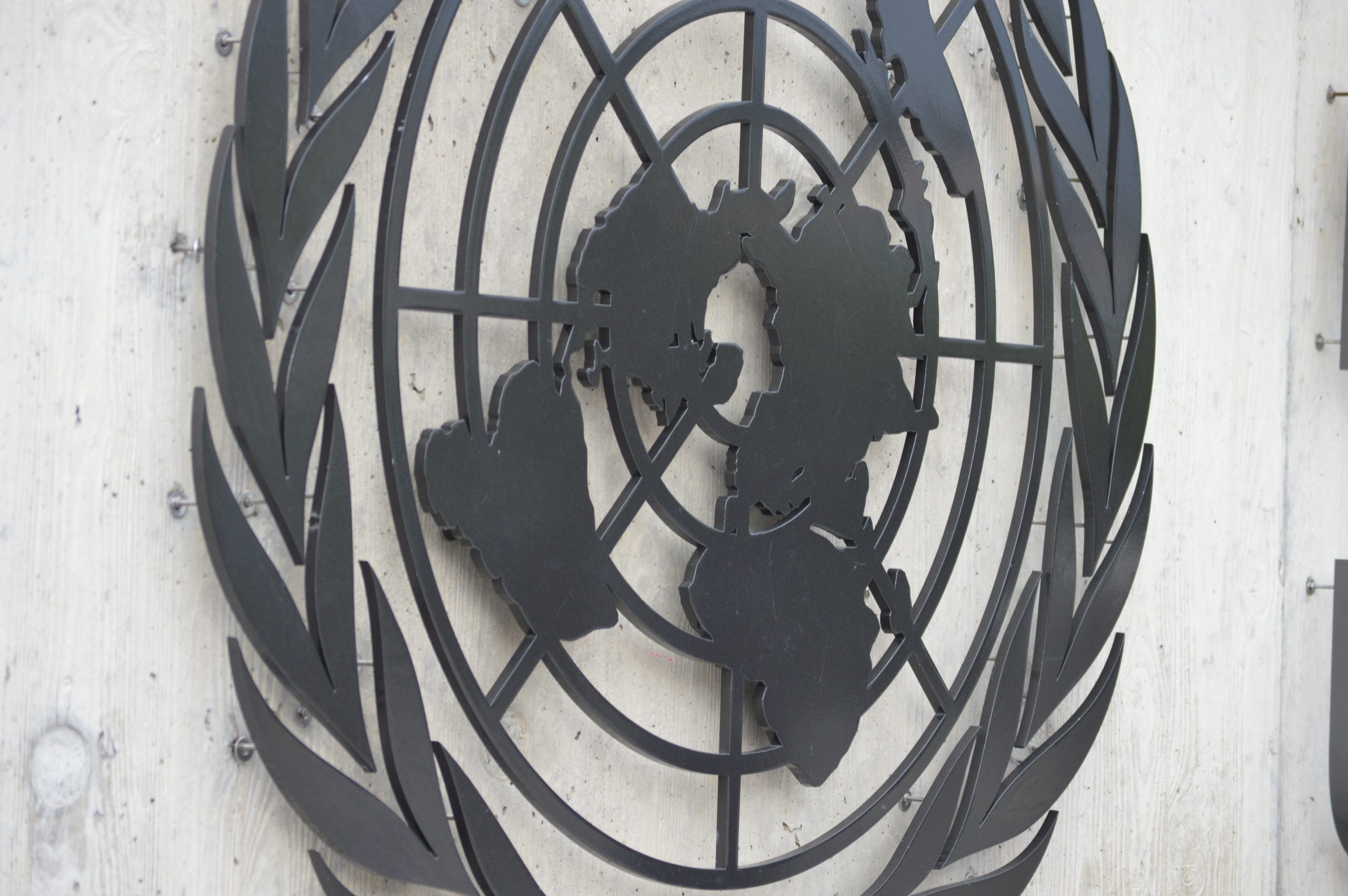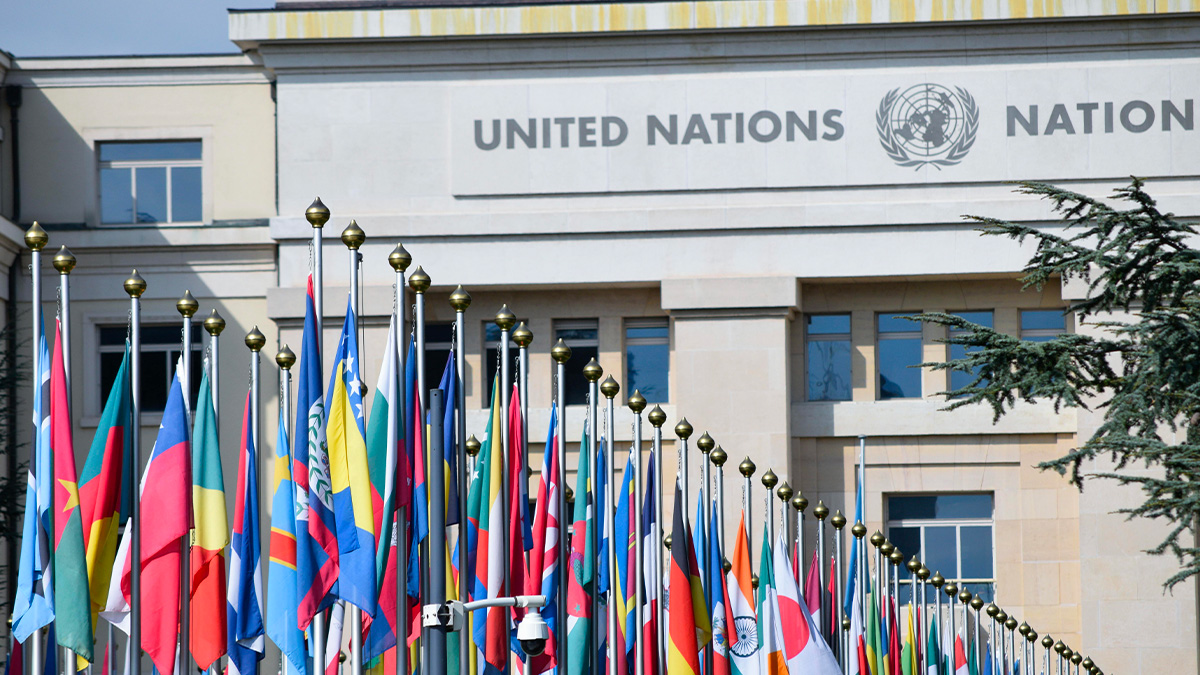
ISHR’s 2024 highlights
Here are 10 human rights impacts we achieved in partnership with defenders and partners from around the world, with the support of our donors!

UN treaty bodies are key actors in the protection of human rights defenders. The current process of treaty body strengthening provides critical avenues to improve the system, notably with regard to transparency and accessibility, and the harmonisation of working methods.
On the occasion of the annual meeting of treaty body Chairs in New York, ISHR submitted a written contribution prepared jointly with and endorsed by 21 NGOs containing a range of practical recommendations on what treaty body chairs could do to improve transparency and accessibility in their functioning. In addition, ISHR delivered a verbal statement to the meeting of the Chairs focusing on three critical issues:
ISHR’s Director of Treaty Body Advocacy, Vincent Ploton, said the Chairs could do more to identify good practices and facilitate replication of those practices by all treaty bodies. ‘We face a real risk that a new process intended to strengthen the treaty body system at the UN General Assembly could lead to hostile proposals that limit the functioning of treay bodies – if there are no concrete strengthening measures taken ahead of a key review scheduled in 2020’, said Ploton. ‘In recent years, treaty bodies themselves have proven to be powerful change agents that can undertake far reaching reforms independent of a political process at the UN’.
Delivering the ISHR statement during the meeting of Chairs, ISHR’s Legal Counsel Tess McEvoy said: ‘As an organisation that trains hundreds of human rights activists every year on UN human rights mechanisms, we hear demands for a more accessible, transparent and user friendly UN system. The complexities and unpredictability of the current set up for State reviews by treaty bodies make it particularly difficult for those who are not insiders of or familiar with the system to understand how to best engage. NGOs have made a number of practical proposals on what treaty bodies could do to tackle these challenges. We look forward to seeing some immediate and substantial measures implemented in that regard’.
Talking about incidence of reprisals suffered by those engaging or seeking to engage with the treaty body system, McEvoy welcomed the adoption of the San Jose Guidelines by most treaty bodies, and called on the two treaty bodies which have yet to formally adopt the key guidelines which address reprisals to do so without further delay.
Read the joint NGO contribution here
Read the ISHR statement here

Here are 10 human rights impacts we achieved in partnership with defenders and partners from around the world, with the support of our donors!

In 2024, national, regional, and international courts took action to protect and recognise the rights of human rights defenders. In this article, we explore some of the key cases that have shaped the legal landscape for those advocating for human rights.

On the occasion of the 30th Annual Meeting of Special Rapporteurs, Independent Experts and Chairs of Working Groups, civil society organisations have called for enhancing transparency, coordination, cooperation and measures to promote civil society engagement with the system of Special Procedures.